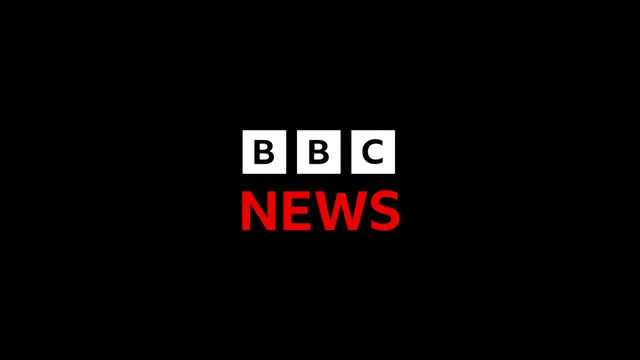
Justin Trudeau prepares to resign as Liberal leader, but stays as Prime Minister
2025-01-07 00:00- Justin Trudeau announced his resignation plan after facing pressure from within the Liberal Party.
- He aims to remain as Prime Minister until a new leader is appointed through a competitive process.
- The resignation reflects a decline in popularity and sets the stage for a leadership succession amid rising tensions within the party.
Express your sentiment!
Insights
In Canada, Prime Minister Justin Trudeau announced on January 6, 2025, his plans to resign from his position as leader of the Liberal Party and as Prime Minister. This decision comes after significant pressure from members of his own party following a sequence of negative events, including a severe defeat in a by-election and declining public support. Trudeau's resignation marks the end of a nearly decade-long tenure in office, during which his government faced numerous challenges, notably rising living costs attributed to the COVID-19 pandemic. Although Trudeau has stated his intent to remain in office while the party selects his successor, there is increasing urgency for the Liberals to find a new leader to face their opposition in upcoming elections. As his popularity has waned—recently plummeting to only 22% approval, the lowest since he took office in 2015—Trudeau's announcements indicate that a leadership transition is not only necessary but imminent. His exit follows the resignation of Deputy Prime Minister Chrystia Freeland, which highlighted fractures within the party and triggered calls for new leadership. The political landscape in Canada is shifting, with Conservative Party leader Pierre Poilievre currently enjoying a significant lead over Trudeau in the polls, further intensifying the pressure on the Liberal Party. The Liberal Party must now navigate the complexities of selecting a new leader while dealing with the imminent challenge posed by the Conservative Party. With a federal election set for the fall of 2025, the urgency of the leadership change places the party at a crossroads. Trudeau's announcement has been met with a mix of relief and apprehension among party members and constituents alike, with many stakeholders keenly observing the political maneuverings that will follow. The decision to prorogue Parliament until March 24 further illustrates Trudeau's intention to give the party time to formalize leadership changes before facing upcoming electoral challenges. The political stakes are high as the Liberal Party attempts to maintain its relevance in a rapidly changing political environment. As the search for Trudeau's successor begins, Canadians watch closely to see how the dynamics will shape the future of their government as well as the potential paths forward for their political culture.
Contexts
The impact of Justin Trudeau's resignation on Canadian politics is profound and multifaceted, influencing both the Liberal Party and the broader political landscape in Canada. Trudeau, who served as Prime Minister since 2015, has been a pivotal figure in shaping contemporary Canadian policies, particularly in areas such as climate change, social justice, and diversity. His departure may create a power vacuum within the Liberal Party, which will need to navigate a succession process that could lead to the election of a new leader who may have different priorities and approaches. This shift could alter the party's platform and electoral strategy, prompting a reassessment of its position on key issues as it faces increasing pressures from opposition parties, notably the Conservatives and the NDP, who may capitalize on any perceived disarray within the Liberal ranks. Additionally, Trudeau's resignation might energize the opposition parties, providing them with an opportunity to rally their support base, which could lead to stronger challenges in upcoming elections. The Conservative Party, for instance, could strengthen its messaging around fiscal responsibility and government accountability, aiming to attract disaffected Liberal voters and build a broader coalition. Meanwhile, the New Democratic Party may seek to position itself as the progressive alternative to a potentially more centrist Liberal leadership, emphasizing issues of inequality and environmental sustainability that resonate with many Canadians. Such dynamics could realign voter sentiments and influence turnout in future elections, reshaping Canada's political landscape. Moreover, the implications of Trudeau's exit extend beyond party politics and could impact Canadian governance and policy implementation. Trudeau's leadership style and vision have influenced the administration's approach to international relations, Indigenous reconciliation, and environmental policies. A new leader may bring a fresh perspective, potentially leading to shifts in these critical areas. For instance, a pivot toward more aggressive resource extraction policies or a revised stance on international agreements could arise, depending on the newly elected leader's priorities. These changes could in turn have significant effects on Canada's global reputation and its relationships with other nations. In summary, Justin Trudeau's resignation is poised to create significant ripples in Canadian politics, from reshaping the Liberal Party's internal landscape to influencing the strategies of opposition parties and the overall political climate. As the country navigates this transitional period, the choices made by party members regarding leadership and policy priorities will be crucial in determining both the immediate and long-term trajectory of Canadian political discourse and governance.